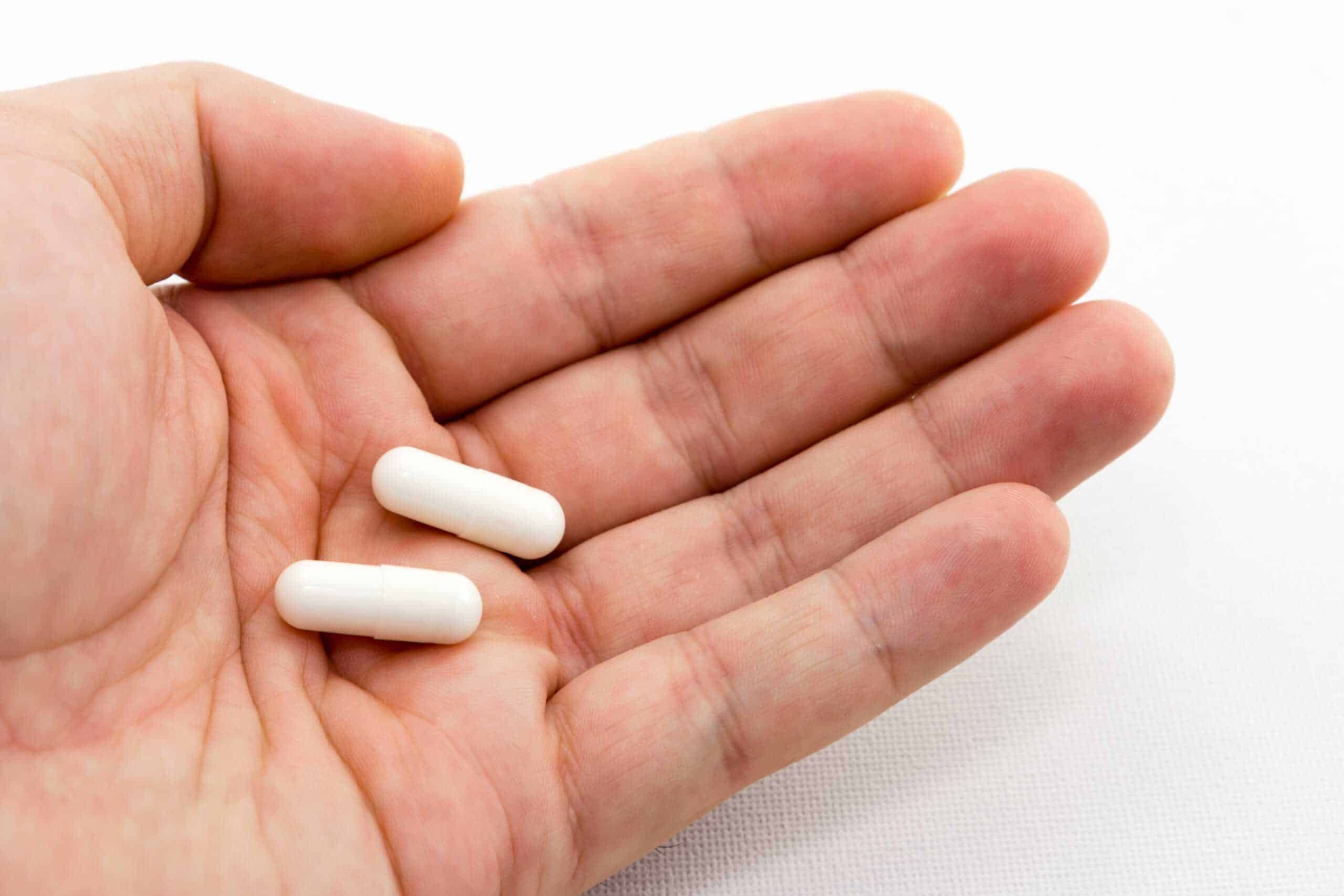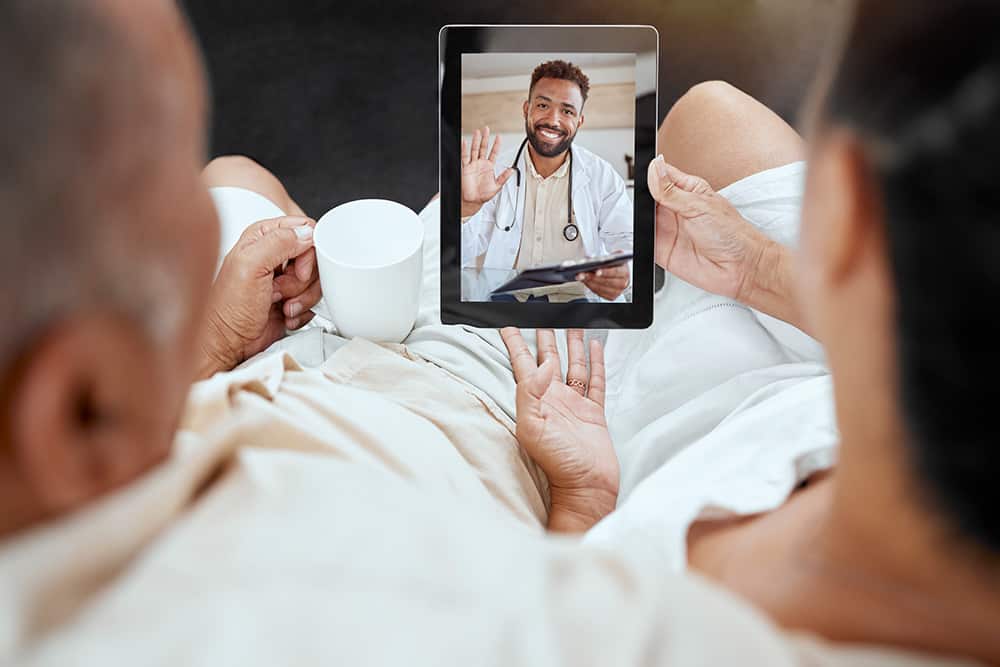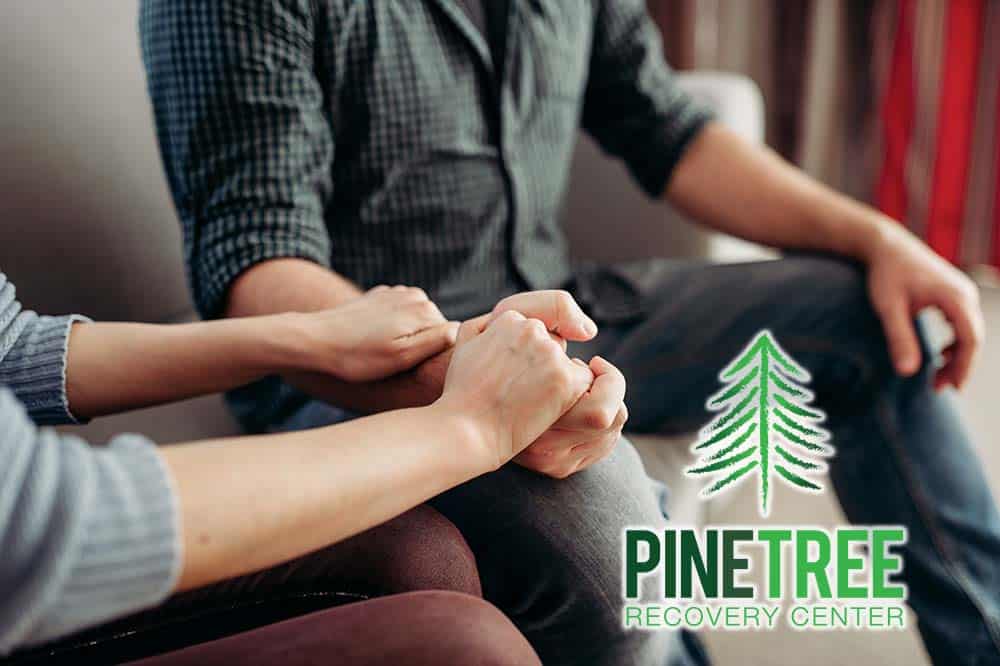How to Recognize Opioid Painkillers
Pain Pill Identifier
Pain Pill Identifier
Prescription pain pills, also known as painkillers, are a type of medication most commonly utilized for the treatment of moderate or severe pain. The most common types of pain pill include oxycodone, hydrocodone, morphine and codeine. These medications are highly addictive, and despite growing efforts to crack down on distribution and promote addiction prevention, the scope of the nationwide opioid epidemic continues to grow on a daily basis. According to the Centers for Disease Control and Prevention, nearly 15,000 people die every year as a direct result of opioid painkiller overdoses.
Part of the reason why pain pills are so frequently abused is exceedingly high prescription rates. The CDC states: “Enough prescription painkillers were prescribed in 2010 to medicate every American adult around-the-clock for a month. Although most of these pills were prescribed for a medical purpose, many ended up in the hands of people who misused or abused them.”
Additionally, many people who are prescribed pain pills to treat a legitimate pain-related issue end up abusing their medication, eventually developing a physical and psychological dependence which progresses into a life-threatening addiction in a short matter of months or years. At Pine Tree Recovery Center we have extensive experience treating the symptoms associated with pain pill withdrawal and addiction. We have seen numerous people of all ages and walks of life successfully overcome opioid addictions of all types and severities, going on to lead healthy, fulfilling and substance-free lives. If you or someone you love has been abusing pain pills we are available to help. Contact us today to learn more.
What Do Pain Pills Look Like?
In most instances pain pills are prescribed for acute pain and they are rarely taken long-term. This is because they have the potential to be habit-forming and can cause a range of health-related issues (outside of addiction) when used consistently for a prolonged period of time. If you believe someone you care for has been abusing pain pills, you might be wondering what warning signs to keep an eye out for. What do pain pills look like? It depends on which pain pill is concerned, as well as the dosage of the specific pill.
What Are the Different Types of Pain Pills?
The most commonly prescribed prescription pain pills are:
- Oxycodone – Found in brand name medications like OxyContin, Oxaydo, Percocet and Roxicet.
- Hydrocodone – Hysingla, Zohydro ER, Lorcet, Lortab, Norco and Vicodin.
- Hydromorphone – Dilaudid and Exalgo.
- Codeine – Codeine cough syrup.
- Fentanyl – Actiq, Abstral, Duragesic and Fentora.
- Methadone – Dolophine and Methadose.
- Morphine – Kadian, MS Contin and Morphabond.
- Meperidine – Demerol.
What Does Hydrocodone Look Like?
Most types of hydrocodone look like a small circular or oval pill with the strength/dosage directly imprinted on the tablet. Hydrocodone is an opioid analgesic painkiller, and it is frequently combined with acetaminophen (an over-the-counter pain reliever and fever reducer). While acetaminophen is not habit-forming, taking it in large quantities for an extended period of time can result in other health-related issues, including liver damage. See the image on the right for an accurate depiction of hydrocodone.
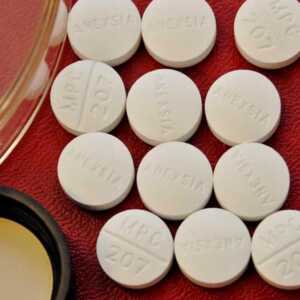
What Does Oxycodone Look Like?
Oxycodone most commonly comes in a 5mg, 10mg or 20mg tablet. Most of the tablets containing oxycodone are circular in shape and have the dosage imprinted directly on the pill. Some 5mg tablets are small and white with 5482 imprinted on one side. Some 10mg tablets are oval, white and have 93 imprinted on one side and 24 imprinted on the other side. If you see a round, pink pill with 93 on one side and 31 on the other, you have found a 20mg oxycodone tablet. See the picture to the right for an accurate depiction of an oxycodone pill.
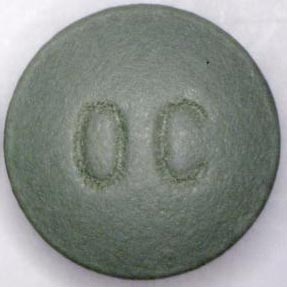
What Does Percocet Look Like?
Most Percocet pills are yellow in color and oval-shaped. However, they can be round and either white or blue in some cases. The most common doses of Percocet range from 2.5mg to 10mg. Other brand names for the same chemical compound include Tylox, Primlev, Roxicet, Endocet and Xartemis XR.

If you are looking for an official and accurate drug identification tool, the U.S. Food and Drug Administration offers pill identifications, labeling pain pills based on their physical appearance. However, this is not an emergency service — in case of emergency, contact the Poison Control Center at 1-800-222-1222.
How to Tell if Someone is Abusing Pain Pills
How can you tell if someone you love has been abusing pain pills? If your loved one was prescribed an opioid painkiller for a legitimate medical reason, you might have a more difficult time determining whether or not they are struggling with a diagnosable substance abuse disorder. However, there are several telltale signs and symptoms to keep an eye out for.
Your Loved One Might Be Abusing Pain Pills If:
- They take their medication at a higher dose than recommended and/or more frequently than recommended.
- They engage in drug-seeking behaviors, like raiding medicine cabinets, stealing medication from friends and family members and purchasing pain pills directly from a drug dealer.
- They frequently “lose” their medication so more is given to them.
- They “doctor shop,” meaning they attempt to acquire more than one prescription at a time from several different doctors.
- They start to isolate themselves from friends and family members, spending more time alone.
- They begin to neglect personal responsibilities and activities they previously enjoyed.
- They engage in risk-taking behaviors like driving while on pain pills or mixing their medication with other substances like alcohol.
Our Opiods Detox Services Include
How to Help Someone Who is Abusing Pain Pills
If you are concerned about a loved one who has been misusing pain pills and who has been showing symptoms of addiction, what steps can you take to help them? At Pine Tree Recovery Center we know how difficult it can be to watch someone you care about deeply struggle at the hands of addiction. Many of our staff members have been exactly where you are now. While the situation might feel hopeless, there are steps you can take to encourage your loved one to seek professional help. We offer crisis intervention services geared towards helping those who are stuck in a place of denial or who have been unable to quit on their own despite countless efforts. As soon as you make the decision to reach out to us, you will be put in touch with an experienced interventionist who is dedicated to helping your loved one receive the professional care they need.
Ready To Begin Your Opiods Detox?
We Offer A Safe & Effective Program
Don’t let Opiods addiction control your life.
Call us today and let’s get you started on the path to a better you.
The Best Treatment for Pain Pill Addiction
At Pine Tree Recovery Center we believe in a whole person approach to recovery, restoring mental and emotional well-being along with physical health. Because drug cravings can be so overpowering in early sobriety and during the pain pill withdrawal process, we recommend an inpatient medical detox program combined with a higher level of clinical care. While helping our clients work towards physical stabilization as they undergo a safe and pain-free withdrawal, we provide them with intensive behavioral therapy, holistic approaches to recovery and a range of addiction services including case management services and aftercare planning. We are much more than a medical detox center. At Pine Tree Recovery Center, we are dedicated to setting each individual client up for lasting success in sobriety. Following detox, many individuals will transfer in to our intensive outpatient program.
Begin Healing Now!
Have A Call With One Of Our Treatment Advisors
Don’t Suffer Any Longer
Contact Us Today to Begin
When you or your loved one is ready to ask for help, Pine Tree Recovery Center will be available. Our admissions process is simple and straightforward and can be completed in as little as 15 minutes. We provide a complimentary pre-assessment, a free, no obligation insurance benefit check and help coordinate local travel to our facility. All you or your loved one has to do is ask for help, and we will take care of the rest. Contact us today to learn more about our program of pain pill detox or to begin your personal journey of healing.

Reviewed for accuracy by:
Randi Bruneau
LCSW, LADC, CCS
Randi is a Licensed Clinical Social Worker and Licensed Alcohol and Drug Counselor and Supervisor who has over 20 years of experience in the field of mental health and addictions. She has worked in both clinical and administrative leadership roles and also has extensive career experience in gender specific trauma treatment, crisis intervention, structural family work and substance use disorder treatment and supervision.


